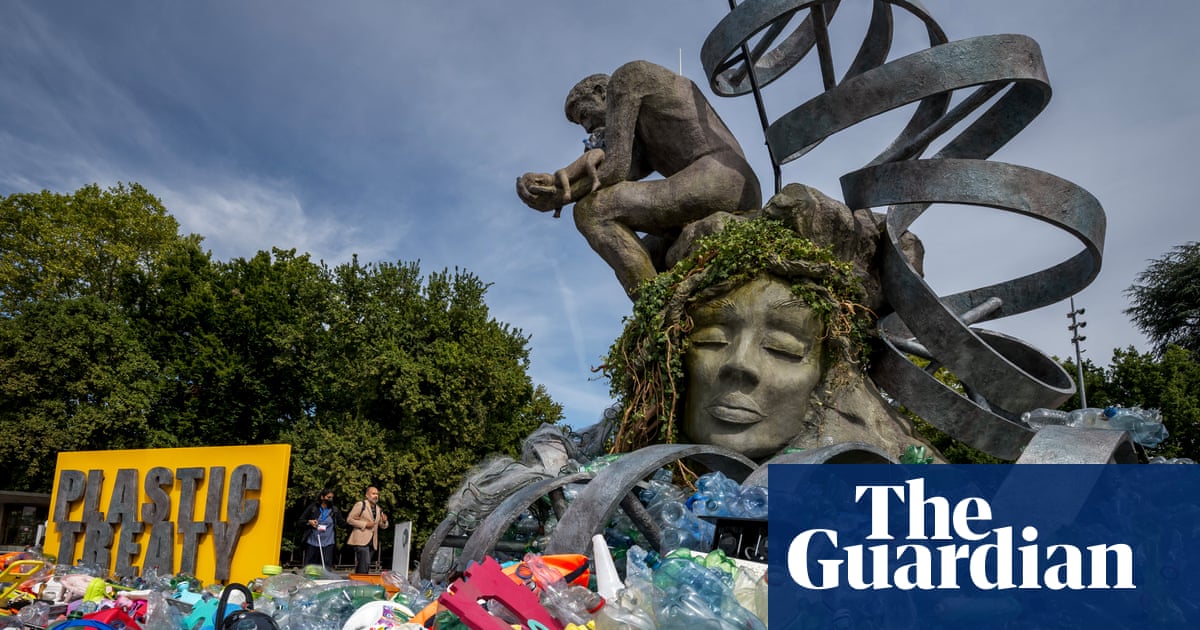
"Prof Richard Thompson, a leading marine litter expert, emphasized that decisive action is critical to halt the plastic crisis impacting human health and the environment. He stated that negotiations at the UN plastic pollution treaty talks must result in a robust agreement, not only for the current generation but also for future generations to hold negotiators accountable. The breakdown of last November's discussions in Busan accentuated the need for urgent global cooperation to combat plastic pollution effectively."
"More than 100 countries advocate for legally binding global reductions in plastic production as part of the efforts to mitigate the escalating plastic crisis. In contrast, nations reliant on fossil fuel industries, including Saudi Arabia, China, Russia, and Iran, resist imposing such production restrictions, favoring an agreement focused on waste management and recycling. This dichotomy underscores the significant geopolitical barriers to achieving a comprehensive treaty to combat plastic pollution."
Delegates at the UN plastic pollution treaty talks in Geneva are urged to reach an ambitious agreement that addresses the global crisis of plastic pollution. Prof Richard Thompson emphasizes the necessity for decisive action to protect both the planet and public health. The increasing production of plastics, anticipated to almost triple by 2060, presents significant health risks and economic damages. Over 100 countries support binding reductions in plastic production, while major fossil fuel producers oppose such measures, complicating treaty negotiations.
Read at www.theguardian.com
Unable to calculate read time
Collection
[
|
...
]